The life of each of us is a wonderful treasure chest where colors mix in great harmony. But many times the casket breaks and the harmony of the colors is lost, above all because that fundamental unity between Body, Mind and Spirit has been lost. Three essential components that are visibly expressed in the vital needs common to all, in the feelings we experience when our needs are satisfied or not, and finally in the related behaviors determined by what we feel.
Unsatisfied vital needs arouse in us feelings of discomfort, bitterness, frustration, resentment... and these feelings can lead to behaviors of withdrawal, hostility and aggression, reproach, and acting with hatred.
Otherwise, if our needs for autonomy, authenticity, creativity, trust, protection, empathy are satisfied, we experience feelings of affection, relaxation, enthusiasm, freedom... and our behavior towards others will be increasingly loving.
In order for the great strength of love to always exist within us and around us, it is necessary to "make ourselves one with the other" as Chiara Lubich says in her book "The art of loving", "making us one" that is, understanding the world of each other, sharing thoughts and dreams, living as transparently as possible, in mutual acceptance.
If sometimes the lack of trust and esteem from others makes us restless or irritable, confused or indifferent, we must courageously find the strength to communicate to others our need to feel esteemed, to be able to enjoy the trust of others and, with humility, ask for the help of others, to rediscover that understanding that seemed to have disappeared.
Equally if we were the ones who aroused feelings of hatred, anger, resentment in the other, have the courage to ask for forgiveness and help the other to also understand our fragility.
Even towards those who commit crimes and act with hatred, we should avoid directly expressing moralistic judgements, good or bad, guilty or innocent, capable or incapable, hateful or lovable, but value judgments starting from our experience and knowing that always in the face situations of injustice, abuse, hoarding and violence can trigger reactive feelings and judgments in all of us.
Marshall B. Rosenberg in his book “Words are windows or walls” he says that when faced with a Palestinian who had called him a murderer, just because he was an American, he listened deeply to that man, in whom he had sensed the intimate suffering, and asked him various questions to understand the profound injustice towards his people had been determined that verbal aggression. The man felt understood and opened his heart and highlighted everything that had led him to believe the Americans were supporters of an unjust policy. A real relationship was born between them and that day, which was the end of Ramadan, Rosenberg found himself invited to dinner by that man and they remained friends.
If a human being driven by anger, resentment and hatred goes so far as to deprive another human being of life, we have a moral duty to understand what unsatisfied vital needs are those violent feelings capable of disrupting the intimate harmony of that person and producing such devastating and harmful effects have been generated.
This is what they are trying to do today in some (too few) penal and re-education institutions, which have placed the human and spiritual rehabilitation of those who, blinded by negative feelings, have committed serious crimes as the basis of their action.
Only subsequently will there be an awareness of the mistake made and therefore the possibility of healing a person's psychological illness, and then rejoicing together when they ask for forgiveness for the evil committed.
Viktor Frankl, initiator of logotherapy, in his book “The Man Who Suffers” writes that “even from the negative aspects, and perhaps above all from them, a meaning can be "extracted" and therefore transformed into something positive: suffering in service; changing guilt; death as a stimulus to responsible action” and thus overcome one's guilt.
